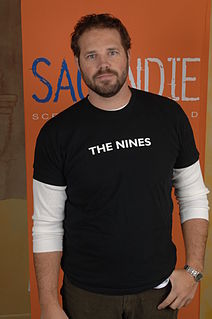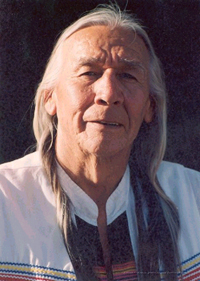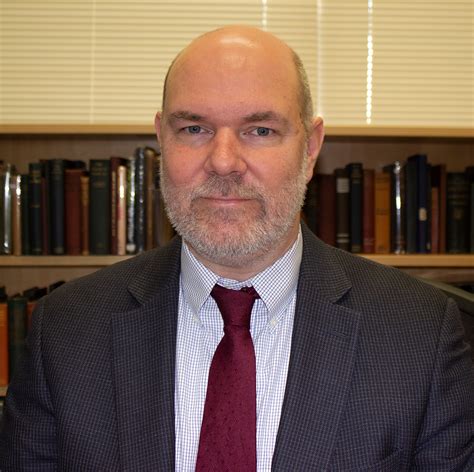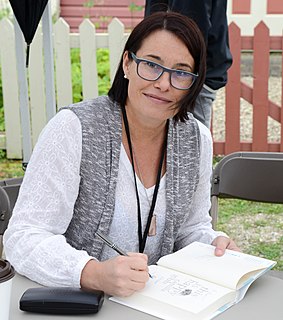A Quote by Christopher Plummer
Related Quotes
No one remembers how the American people responded day-to-day, week-to-week, or month-to-month about the decisions that Presidents Franklin D. Roosevelt, Harry Truman and Dwight Eisenhower made during the most dangerous decades in American and world history. But we know now that they did what was right, and we honor them for it.
History is a great teacher. Now everyone knows that the labor movement did not diminish the strength of the nation but enlarged it. By raising the living standards of millions, labor miraculously created a market for industry and lifted the whole nation to undreamed of levels of production. Those who attack labor forget these simple truths, but history remembers them.
There is an ancient Indian saying that something lives only as long as the last person who remembers it. My people have come to trust memory over history. Memory, like fire, is radiant and immutable while history serves only those who seek to control it, those who douse the flame of memory in order to put out the dangerous fire of truth. Beware these men for they are dangerous themselves and unwise. Their false history is written in the blood of those who might remember and of those who seek the truth.
It is not simply what one remembers, but why. There are sites of amputation where the past is severed from the body of the present. Remembering only encourages the growth of phantom limbs. And it is not simply what one remembers, or why, but what to do with what one remembers, which of the scattered pieces to carry forward, what to protect and preserve, what to leave behind.




































